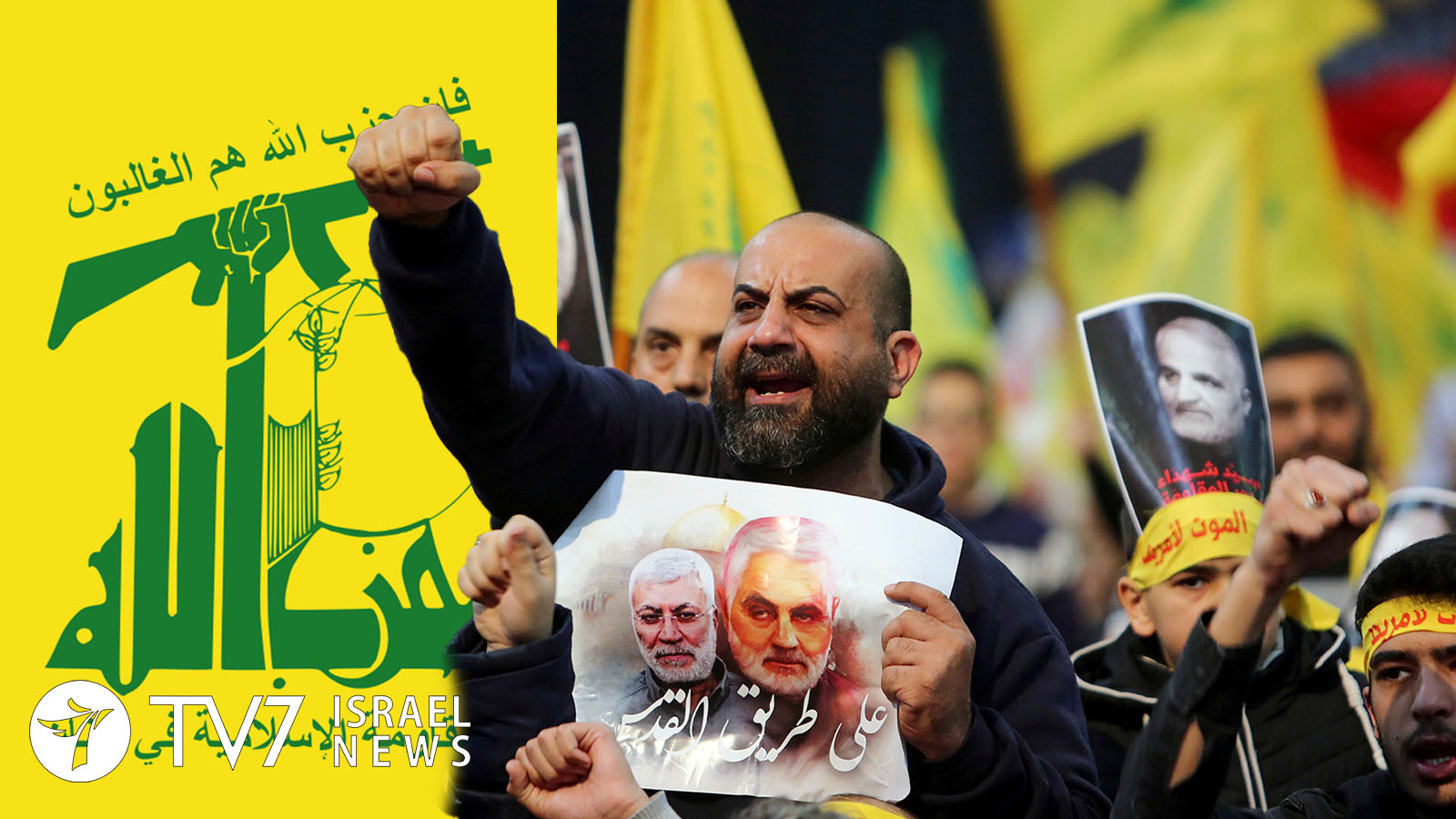Top Iranian Shiite cleric Ali Akbar Mohtashamipour, founder of Lebanon’s Hezbollah terrorist organization, died Monday of the coronavirus pandemic sweeping the Islamic Republic.
The Lebanese Al-Manar television network owned and operated by the Iranian-backed Hezbollah issued a statement expressing its “deep condolences and grief” over the death of its founder, while “highlighting his long life full of jihad, strive, and perseverance aimed at serving the Islamic Revolution in Iran and the peoples of the Middle East.”
The 74-year-old died at a hospital in northern Tehran after contracting COVID-19, according to the state-run IRNA news agency. He had been living in the Shi’ite holy city of Najaf in Iraq over the past decade, after having supported the opposition in protests following the disputed 2009 re-election of then-President Mahmoud Ahmadinejad.
Long allied with his mentor late Supreme Leader Ayatollah Ruhollah Khomeini, the Tehran-born Mohtashamipour had been expelled from Iran by former Shah Mohammad Reza Pahlavi. During his exile, he worked to establish networks of radical Muslim groups across the Middle East, including ties to the Palestinian Liberation Organization (PLO). and was active in the 1979 Islamic Revolution.
After returning to Iran victoriously with Khomeini, Mohtashamipour was considered as one of the regime’s most radical leaders who relentlessly strove to foster Islamic militancy and revolution abroad. He helped to found the Islamic Revolutionary Guards Corps (IRGC). In one of his first positions as Iran’s Ambassador to Syria, he supervised IRGC activities in the Arab Republic, which dominated neighboring Lebanon at the time. He created the Shi’ite Hezbollah (“Party of Allah” in Arabic) to counter the IDF 1982 invasion during the First Lebanon War, that had been launched to stop terror attacks on Israel by the PLO, which was entrenched in southern Lebanon.
Mohtashamipour was directly named by the United States for his role in the 1983 Beirut bombings that killed 63 people at its embassy and the US Marine barracks, that killed 241 American troops and 58 French military personnel serving in the Multinational Force in Lebanon (MNF), and 6 civilians. Hezbollah and Iran have steadfastly denied involvement in any of the terror attacks.
In 1984, Mohtashamipour survived an assassination attempt that has been attributed to Israel. According to the “Rise and Kill First” book on Israeli assassinations by journalist Ronen Bergman, the Mossad intelligence agency sent a bomb hidden inside of a “magnificent volume in English about Shiite holy places in Iran and Iraq” that exploded when Mohtashamipour opened it, that destroyed his right hand and two fingers on his left hand.
Mohtashamipour’s “efforts aimed at serving and supporting the Palestinian cause are well-known, indicating that his injuries inflicted upon him during the assassination attempts he had survived testify his great jihadi position,” underscored the Hezbollah statement on Al-Manar.
After returning to Iran, Mohtashamipour served as a hardline member of parliament and later as Minister of the Interior, before leaving the country for Iraq.
Iran’s Chief Justice Ebrahim Raisi hailed Mohtashamipour as “one of the holy warriors on the way to the liberation of Jerusalem and one of the pioneers in the fight against the usurping Zionist regime,” IRNA reported.
Raisi, who enjoys the endorsement of Supreme Leader Ali Khamenei, is the clear frontrunner in Iran’s upcoming 18 June presidential elections.
